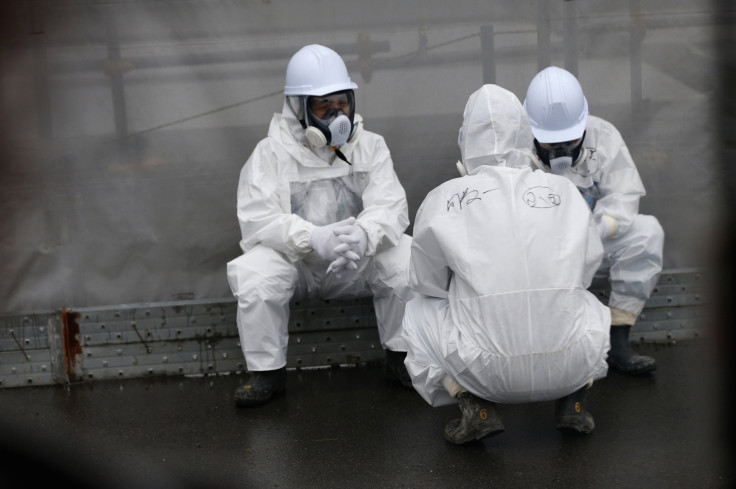Japan To Begin Reopening Nuclear Reactors in June: Report

Japan’s government is planning to reboot a nuclear reactor by June, years after the Fukushima disaster put the island nation's nuclear power abilities into uncertainty, Reuters reported, citing sources familiar with the plans. Kyushu Electric Power Co. will reportedly be given authorization to restart two reactors in southwestern Japan, beginning with the Sendai station in Kagoshima Prefecture.
The nuclear regulation authority had confirmed in September that the Sendai station met stringent new safety guidelines introduced in 2013, making it eligible for rebooting. Kyushu Electric on Friday said it was still working on the documents necessary to meet regulatory approval, despite missing last year's deadlines, The Japan Times reported.
Authorities had said in November they planned to reopen Sendai sometime in 2015. In a vote that month, 38 of 47 of the Prefecture’s Assembly backed opening the station.
Prime Minister Shinzo Abe’s Liberal Democratic government has been calling to reopen some of the country’s 48 nuclear reactors, citing their role in improving Japan’s flagging economy. All the reactors had been shut down following the meltdown at Fukushima Daiichi plant in 2011. In January, the government revised its target of generating electricity from nuclear power to 15 to 20 percent, compared to 29 percent proposed before the Fukushima disaster, Reuters reported.
Prior to the shutdown, Japan was the world’s third-largest nuclear energy producer. However, since the shutdown, the resource-poor nation has relied heavily on imported fossil fuels, which have contributed to a record trade deficit. Japan’s Ministry of Trade, Economy and Industry, notes, in a report, that there has been "an upsurge in Japan's dependency on fossil fuels as a power source from 60 percent before the earthquake to 90 percent."
However, utilities and analysts have reportedly said that demand for coal and liquefied natural gas would remain high for some time.
However, an Asahi Shimbun poll found that almost 60% of voters oppose Abe’s nuclear restart policy, years after the worst nuclear disaster since Chernobyl in 1986. "We urge the government to take into full consideration the tremendous suffering from the nuclear power plant accident and make sure that future policy ensures the safety and peace of mind of all citizens," Fukushima Governor Masao Uchibori told Reuters.
© Copyright IBTimes 2024. All rights reserved.





















